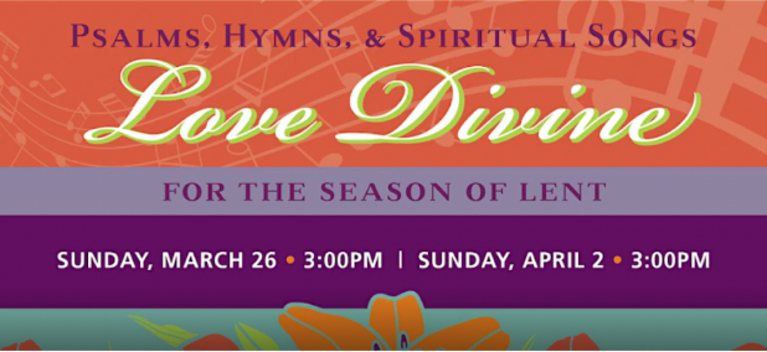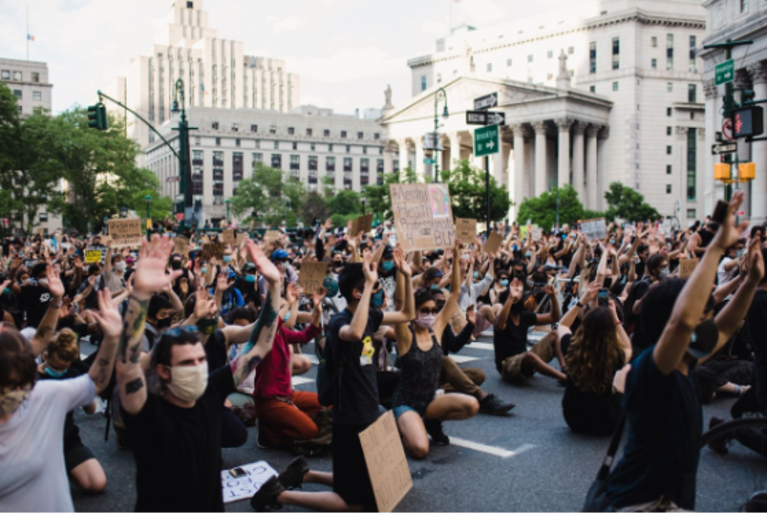The University of Denver's Prison Arts Initiative has produced five showings for the musical "Godspell" this year as part of its efforts to enrich the lives of incarcerated individuals through creative arts programming.
The biblical musical was based on the Book of Matthew.
Theatrical Production
According to Annie Skinner, the Public Information Officer for the Colorado Department of Corrections, the PAI is part of a broader education program.
That is, the program is designed to help incarcerated individuals change their behavior, think in new ways, express themselves healthily and positively, and learn new things.
Ashley Hamilton, the director of DU PAI, reported that 150 incarcerated individuals participated in the theatrical productions, which took six months to put together.
This was the fifth large production for DU PAI, which was founded five years ago, and was notable for being a collaboration between different facilities.
The theatrical productions were created entirely by residents at the Fremont and Colorado Territorial Correctional Facilities, including set design, costumes, and props.
According to Skinner, the art initiative is one of the Department of Corrections' key programs for rehabilitation.
It focuses on reducing recidivism by helping individuals develop positive interests and social skills, stay connected to their families and communities, and find purpose while serving their sentences.
It also promotes self-expression through the arts.
Reunited
For the first time in nearly a decade, Marissa was able to visit her father in prison and see the DU PAI production as a bonus, traveling over 900 miles to do so.
She described the experience as "totally different" from typical visits, which involve brief hugs and sitting at a table in a public space for long periods, without the ability to speak to others.
On normal prison visits, Marissa also described feeling anxious and uncomfortable and said that the strict rules and unpleasant environment can make the experience less enjoyable.
That said, DU PAI provided a more private and meaningful experience for her and her father.
She also recalled her father telling her over the phone that he was auditioning for the DU PAI production, and said she could tell he was excited when he landed a role.
Marissa said that her father slowly gained pride in the DU PAI production and became very excited about it, which is rare in the prison environment.
Despite the dates of the performance changing multiple times, Marissa made it to the Colorado Territorial Correctional Facility gymnasium to see her father perform and sat in the front row.
Hamilton reported that the show, which was dedicated to the families of incarcerated individuals and welcomed over 80 loved ones and had a strong sense of community and joy.
Afterward, DU PAI hosted a small celebration for the families.
According to Hamilton, the DU PAI program is more than just musical performances and is an investment in community building.
She has observed multiple families reuniting after the show and believes that the program helps reduce recidivism by encouraging individuals to reconnect with their families.
Hamilton believes that the deeper work of rehabilitation and healing occurs through the vehicle of the performances.
More from Crossmap: Denver Catholic musician shares journey after unexpected success with debut album




